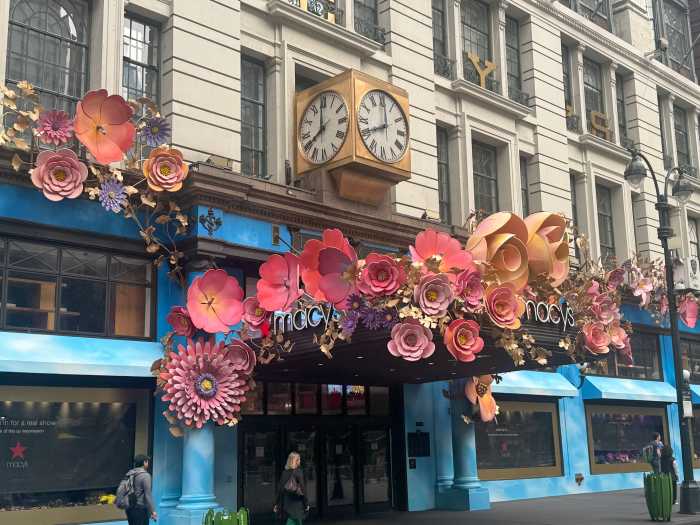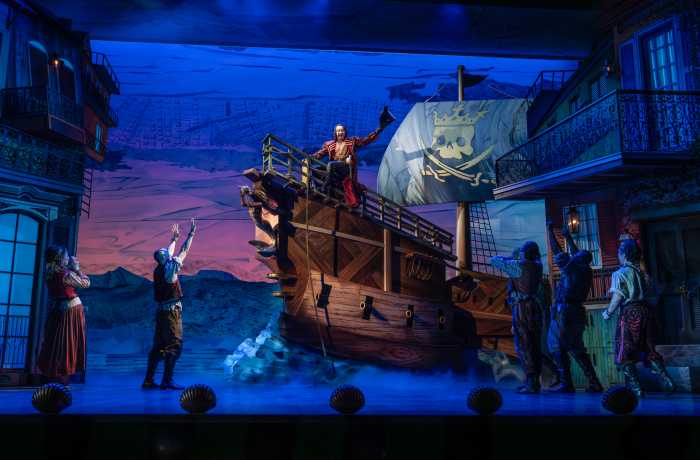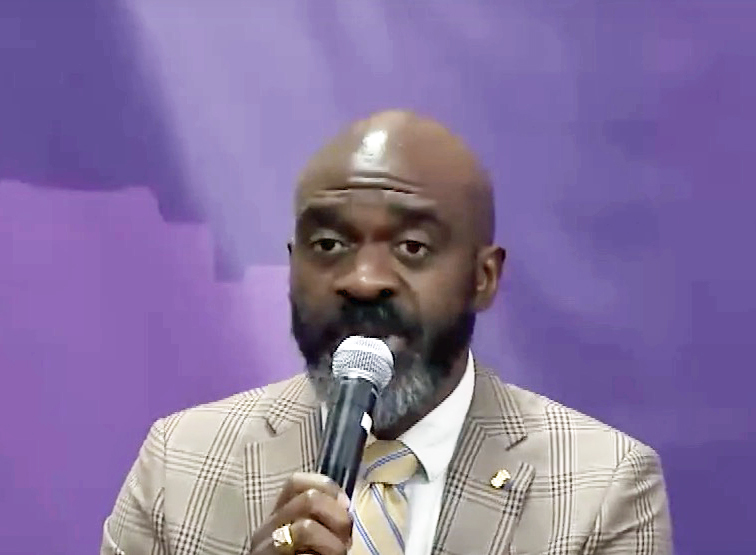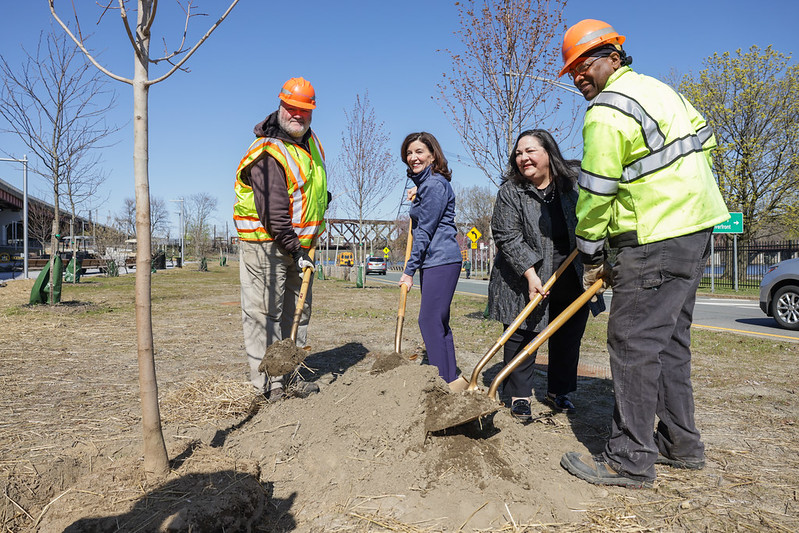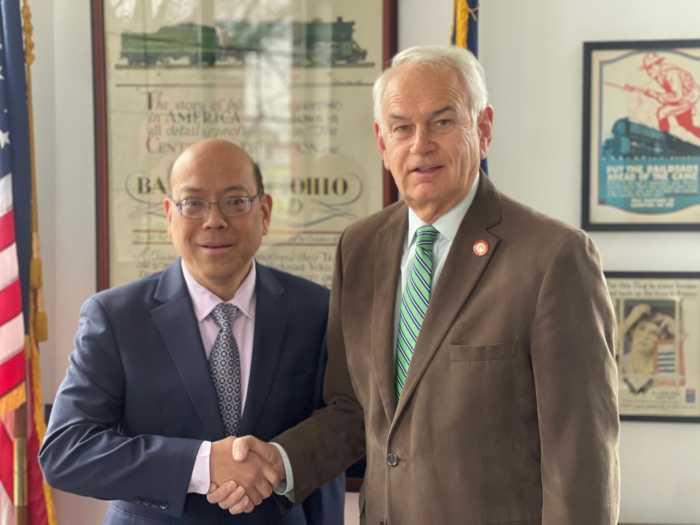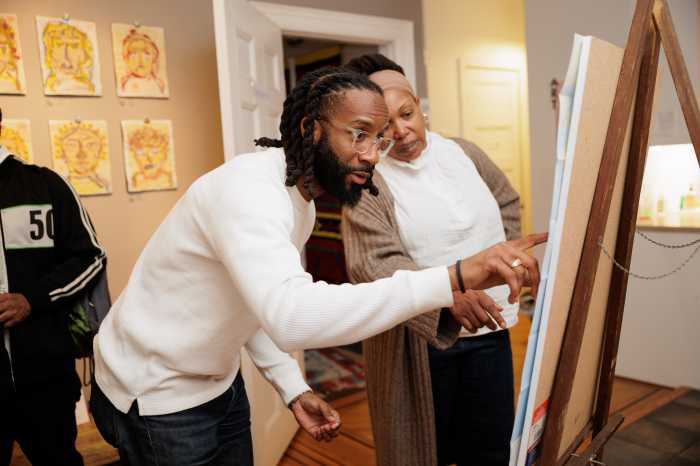“The Hunger Games” film franchise will come to an end on Nov. 20 with its penultimate film “The Hunger Games: Mockingjay — Part 2”. Jena Malone has had an outsider’s perspective playing the fierce Johanna Mason, a previous victor of the “Hunger Games.”
Although she’s no Katniss Everdeen, her role in the series is just as poignant, as Johanna is tortured by the Capitol. Because of this Malone was tasked in playing the face of a PTSD survivor of war. As this series comes to a close, the character’s emotional journey resonates given our current political climate.
amNewYork spoke to Jena Malone about her role in this larger than life franchise, that’s more than its action genre suggests.
Was it daunting stepping into a big franchise like this?
No, because I don’t really think in those terms. At this point you’re human enough and mature enough to realize that a franchise is no different than any other film that you’ll make. The only difference is the amount of money. The quality of work will be the same, the integrity of work and the passion from the people you’re working with are the same. The only difference is the number of fans, maybe. I was excited on every level. I was excited to have a couple of films to play with one character for an arc.
What appealed to you about the franchise?
For me the appeal was that a younger generation was embracing this level of truth and honesty about war. Not only were they embracing it but they were throwing their entire backs into it. The fact that it was one of the most realistic and kind of brutal scripts I’ve read about war, and it was based on a young children’s novel was so commendable. When I was 13 that’s not what we were looking for. We weren’t fighting for truth. It makes me amazed at this new generation.
When you were building Joanna were you encouraged to deviate from the book?
There was enough to grab on to but I don’t think Francis [Lawrence] discouraged any kind of creativity. The more you wanted to put into it, the better. He had us sit down with these PTSD officers and talked about what it was like to survive war. It made us feel that we had to bring more than just our interest in the book because there was a lot more going on there.
Did you walk away with a different perspective of war after completing this franchise?
The golden opportunity as an actor is to explore subjects that you don’t know everything about. I don’t know what it’s like to be someone that’s fought the war and recovering from that. I still don’t, but I definitely did as much research as I could, and talked to a lot of people. I feel much more connected to survivor stories than I had just from reading the newspapers.
Do you have any memories of filming in Paris?
I have a lot of beautiful memories. It’s a really beautiful, inspiring and ancient place. The people were so accepting of every single type of person and that’s a really inspiring thing to me.



